Monsoon rains risk worsening already difficult refugee situation: UNHCR
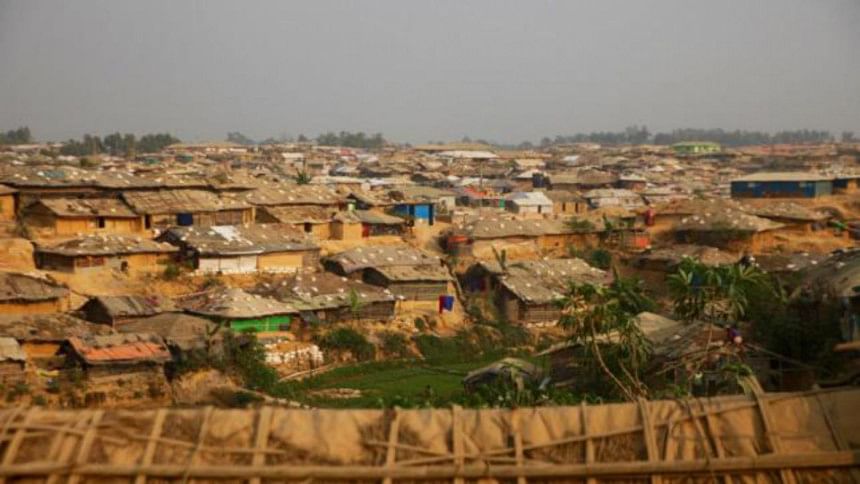
The UN Refugee Agency today warned of life-threatening consequences for Rohingya refugees and host communities if annual monsoon preparations cannot be completed on time amid the global outbreak of Covid-19.
"As countries around the world fight the pandemic, the coming of the monsoon rains risks worsening the already difficult situation of refugees in Bangladesh," said UNHCR Spokesperson Andrej Mahecic in a press briefing in Geneva today.
In Bangladesh, so far there are no confirmed cases of Covid-19 infection among the Rohingya refugee population. Despite this, both host communities and refugees in Cox's Bazar are considered to be among the most at risk globally in this pandemic.
The area is also seasonally prone to both landslides and flashfloods, the UNHCR said.
In 2019, during the heaviest monsoon downpours in September, over 4,000 households were temporarily displaced in the camps in Cox's Bazar, and more than 16,000 people affected. Thanks to mitigation measures in place, the damage was far less than the previous year.
This year, the refugees remain at the centre of preparedness planning and response. Annual monsoon preparations, however, have been impacted by the suspension of disaster risk reduction efforts.
Similarly, the relocation of refugees living in areas at high risk of flooding and landslides has also been delayed. Delivery of supplies has also been challenging, as the Covid-19 related "lockdown" has impacted road transport.
While humanitarian operations in the camps have been scaled back to only the most critical activities, the distribution of "tie-down kits" that reinforce refugee shelters against high winds continues.
Bangladesh government, UNHCR and partners have launched construction of isolation and treatment facilities, while information campaign has been launched on hygiene and health.
"While it is vital to prioritise public health-related preparations in the camps at this time, cyclone and monsoon preparedness activities must also continue. Both together will ensure that refugees have safe and sanitary living conditions in an additional, potential public health emergency," said Andrej Mahecic.
To ensure preparedness measures can proceed safely, personal protective equipment (PPE) is desperately needed, given the magnitude of the increased demands. The large-scale procurement and distribution of PPE is vital to ensure that Covid-19 does not take hold and spread rapidly, he said.
Overall, the 2020 Joint Response Plan for the Rohingya Humanitarian Crisis sought some US$877 million to meet the most critical needs before the pandemic began. To date the JRP is only 16 percent funded.
"We must make every effort to ensure that the possible spread of the virus and the coming monsoon season do not exacerbate the already highly vulnerable situation of the Rohingya refugees in Bangladesh," Andrej said.
UNHCR is urging the international community to stand in solidarity with refugees and IDPs to avert a looming mix of natural and public health disaster.

 For all latest news, follow The Daily Star's Google News channel.
For all latest news, follow The Daily Star's Google News channel. 

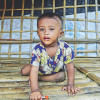
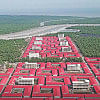
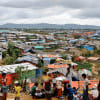
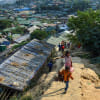



Comments